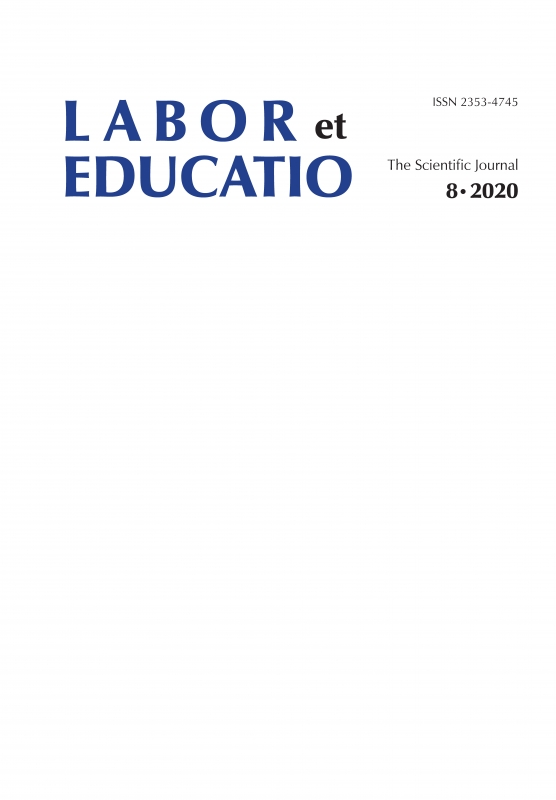Positive Impact of Teacher Activities on the Educational Career of Roma and Gypsy Women in Hungary
Positive Impact of Teacher Activities on the Educational Career of Roma and Gypsy Women in Hungary
Author(s): Andrea ÓhidySubject(s): Education
Published by: Wydawnictwo Uniwersytetu Jagiellońskiego
Keywords: Roma women; labor market; education; educational policy; school career
Summary/Abstract: Roma and Gypsy women in Europe suffer from multiple deprivation (Council of the European Union 2011): Firstly, a large part of Roma and Gypsy people live in poverty. Secondly, their different cultural/ethnic traditions often lead to discrimination in school education. Thirdly, they also have disadvantages through the gender aspect, because the traditional Roma/Gypsy culture defines the place of women to be at home with the family and an educational career is not necessary for that (l. Forray, Hegedűs 2003; Durst 2015). That is why Roma and Gypsy women are often called the “minority of the minority” (Vincze 2010: 195). Despite of this multiple deprivation, Roma and Gypsy women are (not only in Hungary) more and more successful in the education system (Forray; Hegedűs 1991) and they increasingly take part in the political life as well (Bak., T.th 2008; K.cz. 2010). The research study focuses on Roma and Gypsy women who have come from a background of multiple deprivation but managed to achieve successful educational careers (defined by their university degree). To answer the research question “Which factors are regarded as beneficial for success in education from the perspective of Roma and Gypsy women?”, we chose the method of biographical narrative interviews. Additionally, we analysed statistical and empirical studies and used expert interviews as well. The aim of the research was to learn about the subjective theories of the interviewed women. The selection of the respondents was done through the snowball-system. The analysis of the interviews was based on the methodology of Fritz Schütze (Schütze 1983). The underclass theory of William Julius Wilson (Wilson, 1978; 1987) adapted by Iv.n Szel.nyi and J.nos Lad.nyi for the Hungarian situation (Lad.nyi; Szel.nyi, 2004) and the theory of Helmut Fend about the functions of the school in society (Fend, 1980; 2003) served as the theoretical framework for this study. For the interpretation we used the categorisation of factors for school success of Hungarian Roma and Gypsy women from Katalin Forray R. and Andr.s Hegedűs T. (Hegedűs, 1996; Forray, Hegedűs, 2003). The study shows that all interviewed women had a very strong learning motivation and were ready to have conflicts with the traditional female role model. Their parents and teachers played mostly a very positive role in this success, but the most important factor was their individual learning motivation.
Journal: Labor et Educatio
- Issue Year: 2020
- Issue No: 8
- Page Range: 245-272
- Page Count: 28
- Language: English

